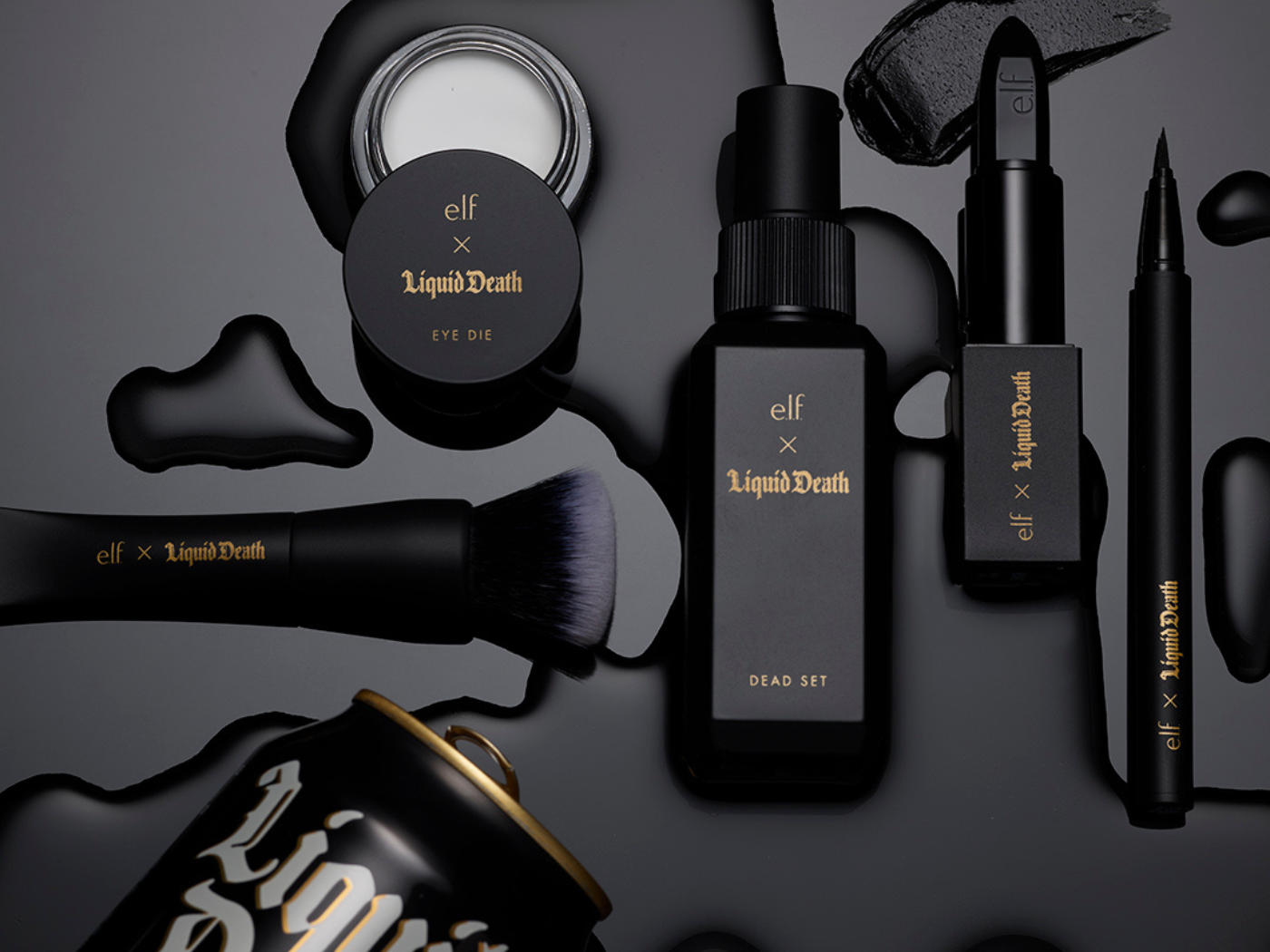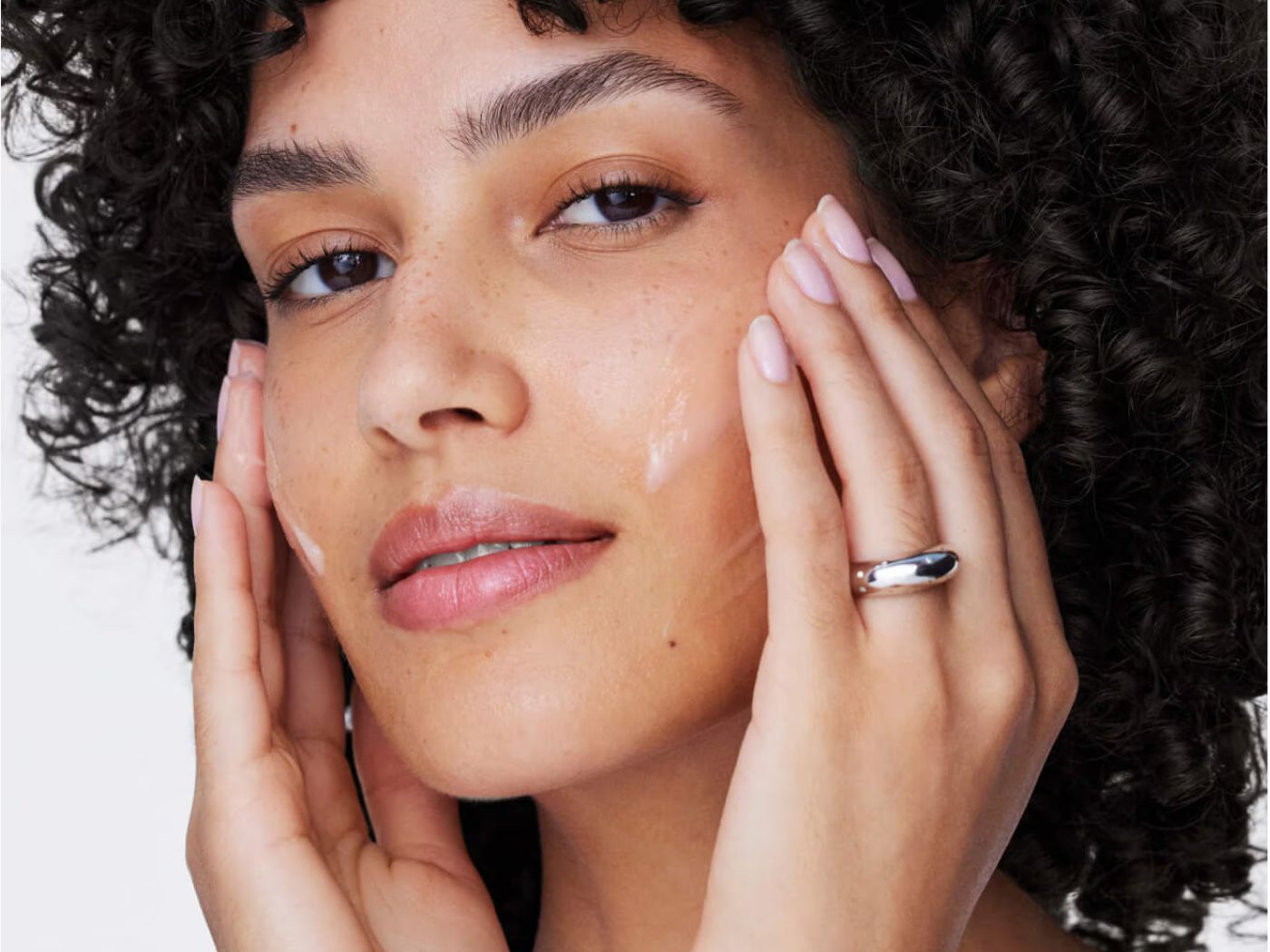It the biggest acquisition in its history, The Estée Lauder Companies has agreed to purchase Indie darling Too Faced Cosmetics from private equity firm, General Atlantic, for $1.45 billion, or 5.4 times anticipated sales of $270 million in calendar 2016. The announcement comes on the same day the global beauty giant finalized its purchase of Becca Cosmetics for $200 million.
On a call Tuesday morning, Estée Lauder executives Tracey Travis, Executive Vice President of Finance and Chief Financial Officer; Fabrizio Freda, Chief Executive Officer; and John Demsey, Group President, spoke about the purchase.
“In the past month we have announced two acquisitions in the fast-growing makeup category,” said Tracey. “We closed on Becca yesterday. For an indication on the size of the brands, they collectively represent $340 million in net sales for calendar year 2016 and are currently growing at more than 70 percent, truly adding another growth engine to our diverse portfolio which is already delivering excellent growth.”
Rumors have been swirling that the Too Faced purchase was made, in part, to help bolster to lagging M.A.C sales. Although Lauder executives did not deny the industry stalwart was struggling in the U.S. during the call, they affirmed the brand was still strong globally and that the company’s recent acquisitions were unrelated.
“M.A.C had a soft quarter in the U.S.,” said Fabrezio. “U.S. is 33 percent of our business. M.A.C has been growing internationally. Our estimate for the year is that M.A.C will continue to [have] double digit growth in our portfolio. So, the M.A.C softening in the U.S. in one quarter is not behind our acquisition strategy. The two things are completely disconnected. It is still one of biggest brands of makeup in the industry and one of growing globally. It’s a very strong brand and the acquisition has been chosen in a way that is complementary to our M.A.C business with the most possible limited cannibalization. Too Faced is a feminine brand, and very different than the M.A.C makeup artist band.”
John Demsey agreed.
“It’s been a more challenging time for the brand [M.A.C], specifically in North America,” he said, adding that it still has the largest social media platform of any brand in the prestige space. “I feel very comfortable that the M.A.C business model will be moving forward strongly, is sustainable, and its equity is in check.”
According to John, the differentiation of the Too Faced brand ensures there will be no cannibalizing within the Lauder portfolio.
“If you look at our portfolio of makeup artistry brands, specifically Smashbox, Bobbi Brown and M.A.C, all of them are studio makeup brands which are in masculine codes in terms of black packaging and a service proposition,” said John. “Too Faced actually represents a territory of femininity and whimsy that quite frankly…is net extra to us. It’s a very big segment in the world, not just in the United States but in Europe and Asia as well. We believe that the unique positioning of the brand is new territory for Estée Lauder.”
According to Fabrezio, the strategy of adding indies to the Lauder mix is one that mimics the consumer trend towards specific, niche products, especially color cosmetics.
“We have evidence that the fastest growing category is makeup and the millennial consumer, the Gen Z consumer, are the consumers around the world, starting with the United States, driving this beautiful trend. We wanted to acquire brands that speak directly to this consumer,” said Fabrezio. “This consumer happens in this moment in the U.S. to have a strong preference for the specialty multi-channel, and so these brands are well distributed and penetrated in [that] channel.”
Fabrezio went on to say that this move being more of an indie incubator is ongoing.
“Too Faced is the latest step in our focused and clear acquisition strategy,” said Fabrezio, who mentioned recent acquisitions of artisanal fragrance brands By Killian and Le Labo; “insta-skin care” brand Glamglow, as well as the company’s “investments in Korea” via its recent stake in the parent company of Dr. Jart, as examples of successful forays into specific niche categories in beauty. “And now we have enriched our portfolio in makeup with two brands focused on younger consumers in specialty multi-distribution.”
And the potential for growth is massive.
According to Lauder, Too Faced, which boasts more than 7 million Instagram followers and has relationships with more than 900 influencers, is expected to grow 70 percent for the year. A report by investment banking firm Stifel, said that growth is equal to a 60 percent compounded annual growth rate over the past three years, adding approximately 3.6 percent to overall sales growth. The company estimates 50 percent and 35 percent growth rates in fiscal 2017 and 2018, respectively, attributed to the fact that it is a specialty brand favored by millennials.
“[The acquisition] is strengthening our leadership in one of strongest categories; makeup,” said Fabrezio, who said he expects sustained double digit growth via Too Faced and Becca for several years to come. “[The acquisition] increases penetration with socially connected Millennials.”
When it comes to distribution, Fabrezio and John both talked about the uncharted white space when it comes to growing the brand via the “specialty multi-channels.”
“[About] 83 percent, 85 percent of the business of Too Faced today is in the U.S. and is mainly in the specialty multi-channels,” said Freda. “They have a very strong online business here in the U.S. but not internationally so the [possibility] of continued growth in the United States, continued expansion of the online platforms, and expansion international, including travel retail, [is imminent].”
John added that Too Faced’s lack of international distribution offers more opportunity for Lauder to grow the brand.
“If you look at Smashbox, which was a bit similar in terms of distribution…Too Faced has no distributors operating around the world,” he said. “Basically, it is all handled directly by Too Faced… we actually have a much cleaner runway in terms of accelerating Too Faced within the specialty multi-channel network.”
One market Too Faced will certainly not enter is China.
“In our plan of international expansion there is no China,” said Fabrezio. “The brand has a clear position of cruelty free and in order to sustain this position we cannot enter China and we will not. That’s the image of the brand they created that we intend to sustain.”
During the question and answer portion of the conversation, a caller from Barclay’s asked why Lauder didn’t purchase Too Faced sooner, as it was reportedly $1 billion less just a year ago.
“Simply, not always what you want to buy you can buy the moment you want,” said Fabrezio. “We did look at this business before and we were not successful at that moment in time but we will be successful now.”



